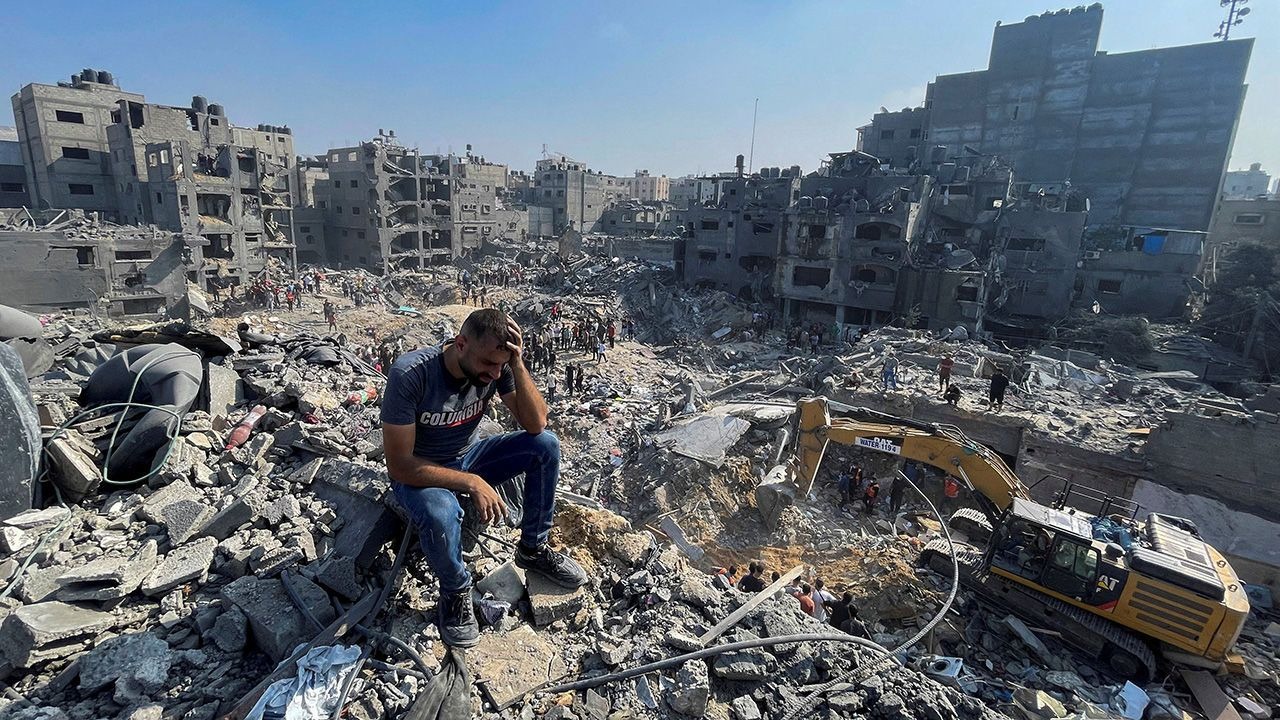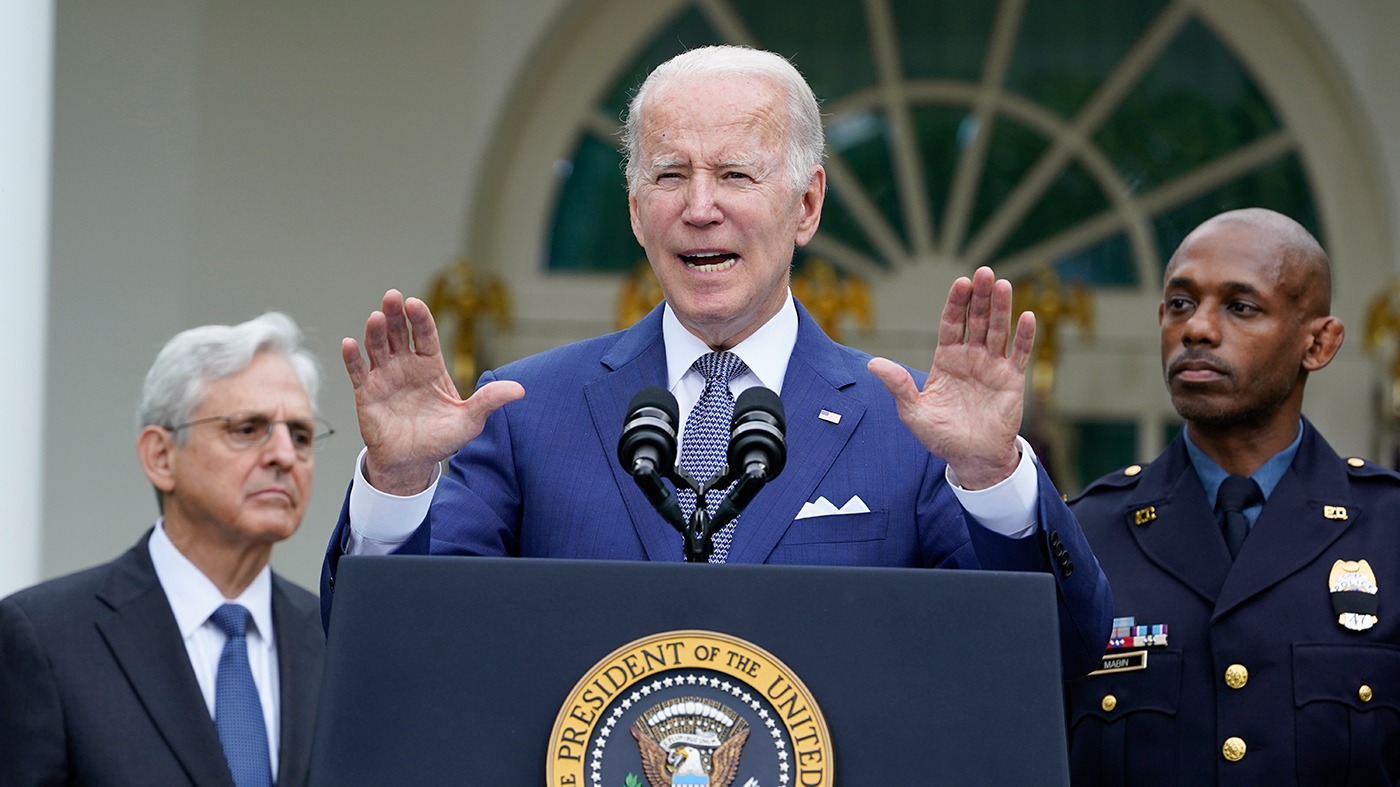Osama Siblani, publisher of the Arab American News, serves as an informal adviser and sounding board to the White House, particularly concerning U.S. policies towards Israel and Palestine.
Recently, he expressed dissatisfaction with President Joe Biden‘s approach to the ongoing conflict in Gaza, describing Biden’s efforts as insufficient and calling for more decisive action.
The White House continues to engage with various leaders from the Muslim and Arab American communities, though not all are satisfied with the administration’s actions or the pace of change.

Some community leaders have declined invitations to discuss their concerns, frustrated by what they see as a lack of substantial policy shift from the administration.
This tension reached a public climax when a Palestinian American doctor walked out of a White House meeting, protesting against the continued U.S. military support to Israel during its operations in Gaza. The meeting was part of the administration’s efforts to maintain dialogue with diverse community leaders during the conflict.
Despite the backdrop of war, where over 33,000 Palestinian lives have been lost according to reports from Gaza, the White House emphasizes its open-door policy for discussions. However, the ongoing violence and perceived U.S. complicity through military aid to Israel strain these communications.

Biden’s administration has expressed a conditional stance on U.S. support, indicating that future decisions will depend on Israel’s actions toward civilian protection and humanitarian efforts in Gaza. Yet, for many critics like Siblani and Rep. Ilhan Omar, the measures are too tentative and slow in light of the escalating humanitarian crisis.
The administration has also tried to engage with Lebanese Americans, reflecting concerns about the conflict spreading to other regions, where Hezbollah is active.
These meetings aim to address broader regional stability but also highlight the challenges Biden faces in balancing domestic political pressures with international policy objectives.
As the conflict and U.S. involvement continue, the administration’s strategy appears to be a delicate balancing act, attempting to maintain diplomatic engagement with community leaders while managing the broader geopolitical implications of the war.


